HOW TO CHOOSE YOUR TABLE TENNIS GLUE
Why the Right Glue Matters in Table Tennis
Selecting the right glue for your table tennis rubber is akin to choosing the perfect tires for a high-performance car. The correct glue can enhance your grip, control, and spin on the ball. But, before we dive into the gluing process, let’s explore the different types of table tennis glues and understand why you should care about this seemingly small detail.
Major changes to the rules on table tennis glue
With effect from May 2007, glues containing harmful volatile compoundis (VOCs) were no
longer approved by the ITTF. This included glues with organic and irorganic volatile compounds, excluding water.
All previous ITTF approvals of table tennis glues were withdrawiand the ITTF no longer approves any type of glue.
Water-based glues which are free of harmful volatile compounds arre now the only types of glue which you can use to affix your rubbers to your blade.
The ITTF also began testing rackets to check for unauthorised siubstances with effect from September 2008, which was immediately after the conclusion off the 2008 Olympic Games.

Types of Table Tennis Glues
In the world of table tennis, there are three primary categories of glues: VOC-Based Glues, Speed Glues, and Non-VOC (Water-Based) Glues.
VOC-Based Glues
These glues contain Volatile Organic Components and have been officially banned by the International Table Tennis Federation (ITTF) in competitions. Using VOC glues can risk disqualification.
Speed Glues
Speed glues, although once popular, are hazardous to health and have also been banned. They can enhance your rubber’s performance but at a considerable cost to your well-being.
Non-VOC (Water-Based) Glues
These are the only glues allowed by the ITTF today. They are safe, legal, and come in various types to cater to different rubbers.
Now, let’s dig deeper into the safer alternative: non-VOC or water-based glues.
Why Water-Based Glues are Essential
Table tennis players worldwide have transitioned to water-based glues due to their safety and compliance with ITTF rules. Here’s why they are your best bet:
Approved by ITTF: Water-based glues are the only glues allowed by the ITTF. Using them ensures you’re within the rules.
Safe and Legal: Unlike VOC and speed glues, water-based glues pose no health risks and are legal for play.
Suitable for Most Rubbers: Water-based glues work well with a wide range of rubber types, making them versatile and player-friendly.
Durability: They offer good adhesion and durability, providing you with a consistent performance over time.
Time to Master the Technique
Gluing your table tennis rubber is a fundamental skill that every serious player should master. Your choice of water-based glue and the precision of your gluing technique can significantly enhance your game. Always remember to adhere to ITTF rules by using non-V


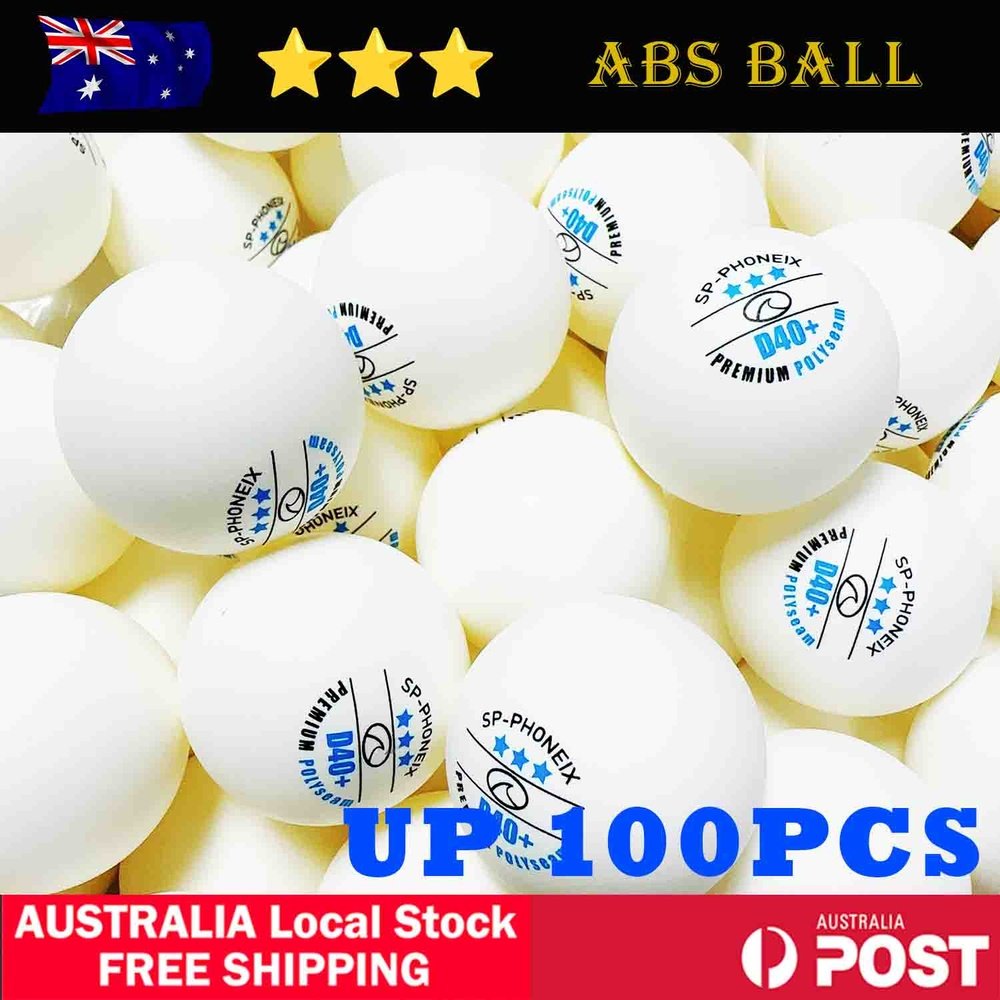
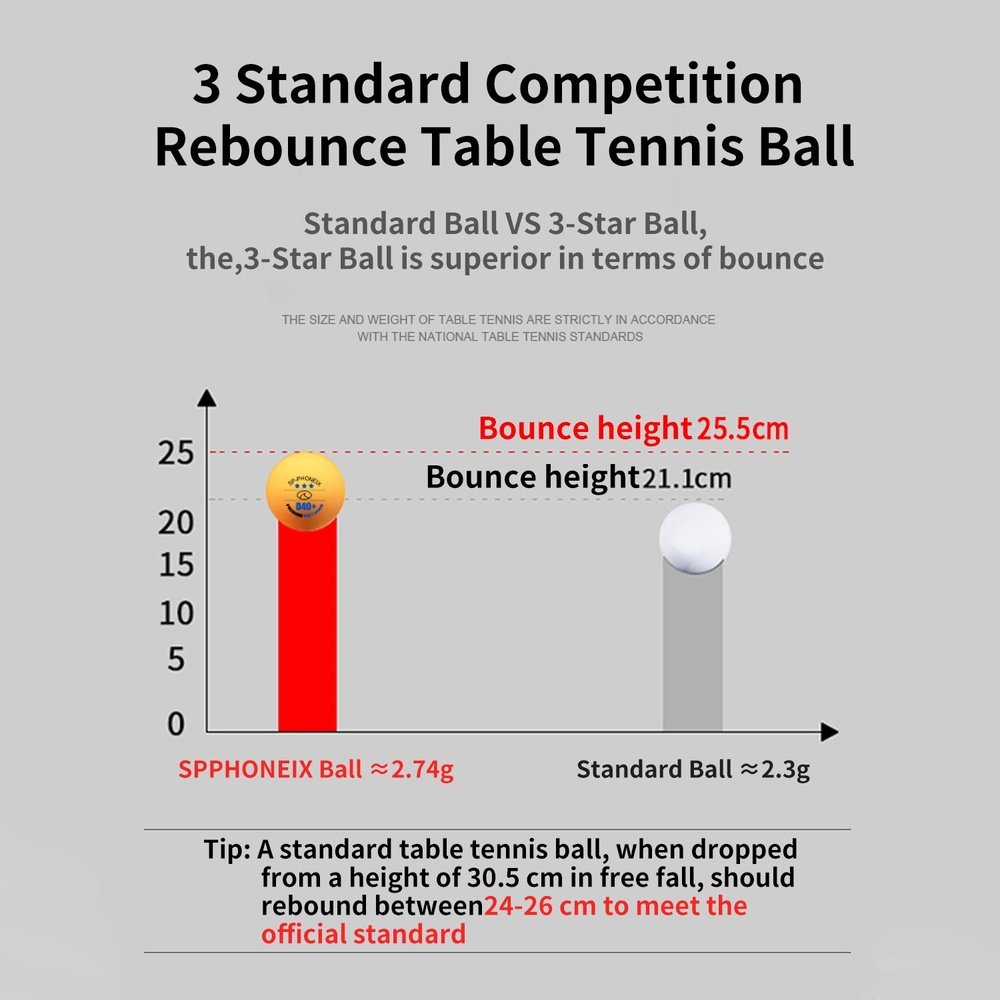
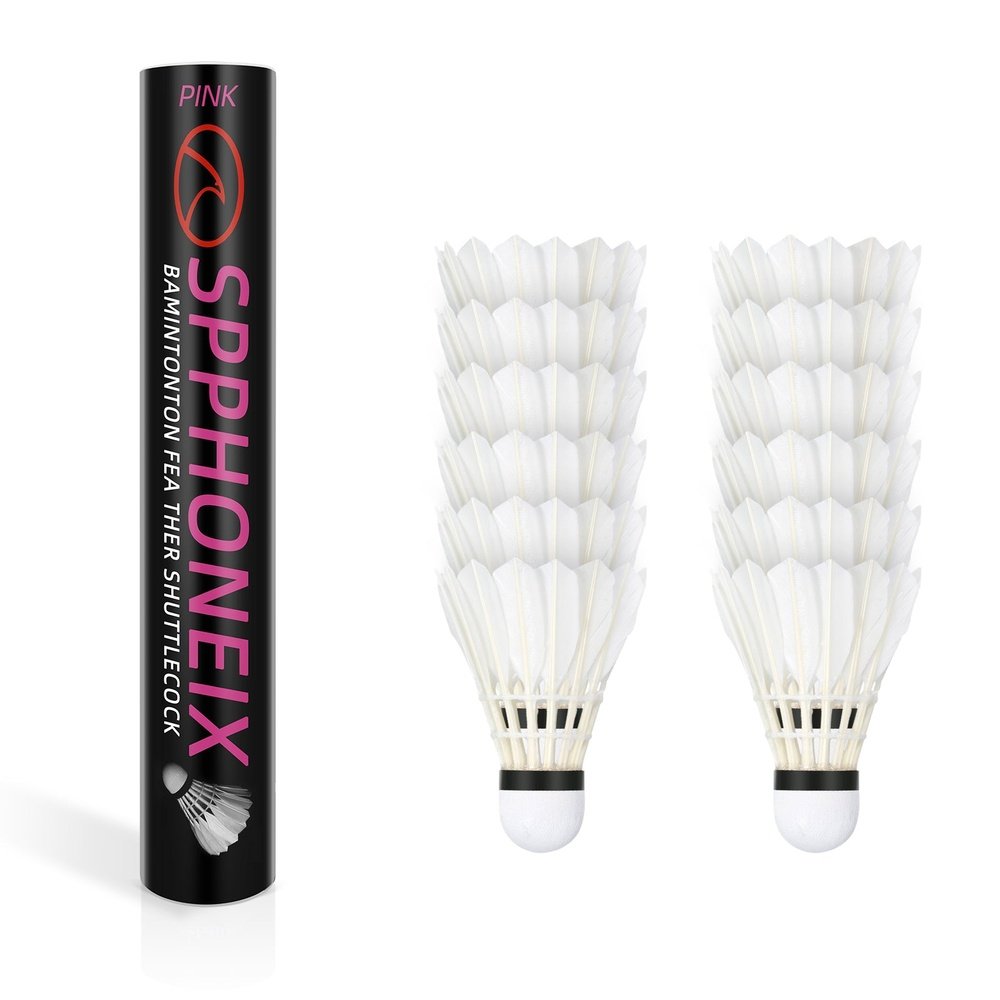
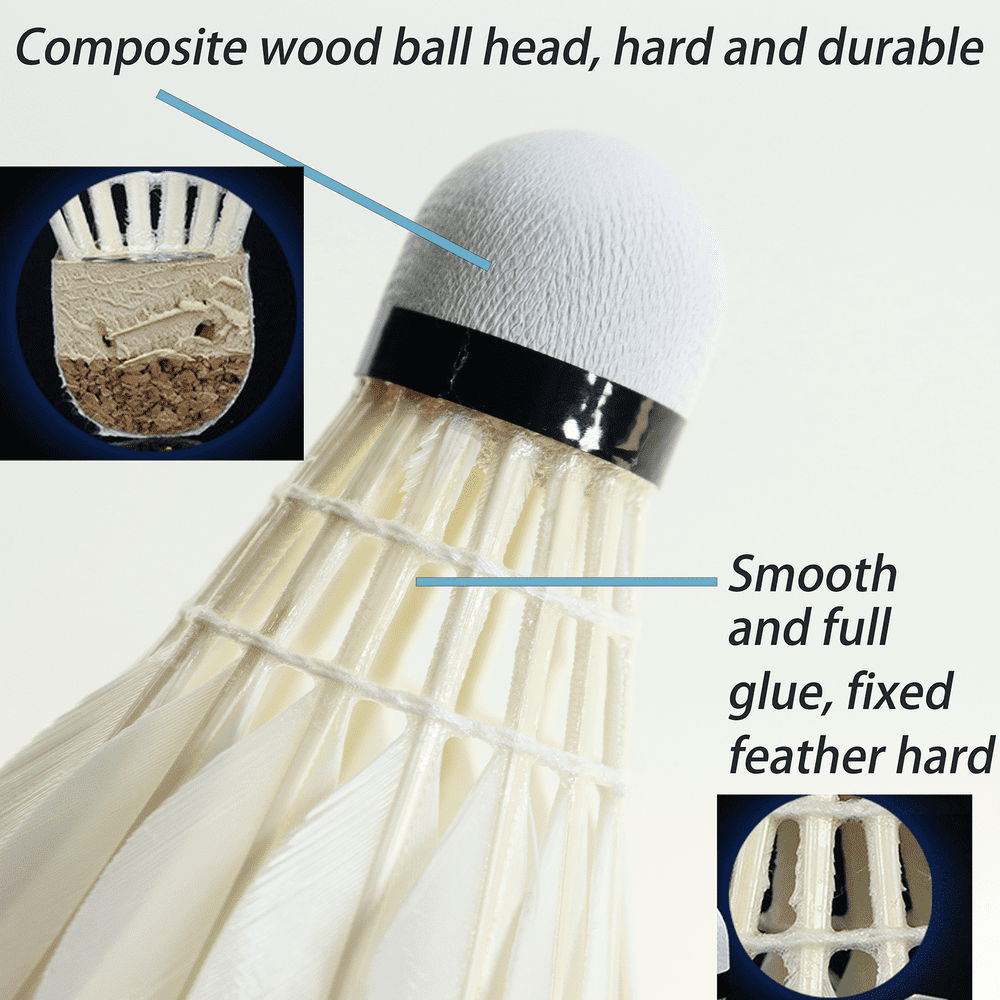
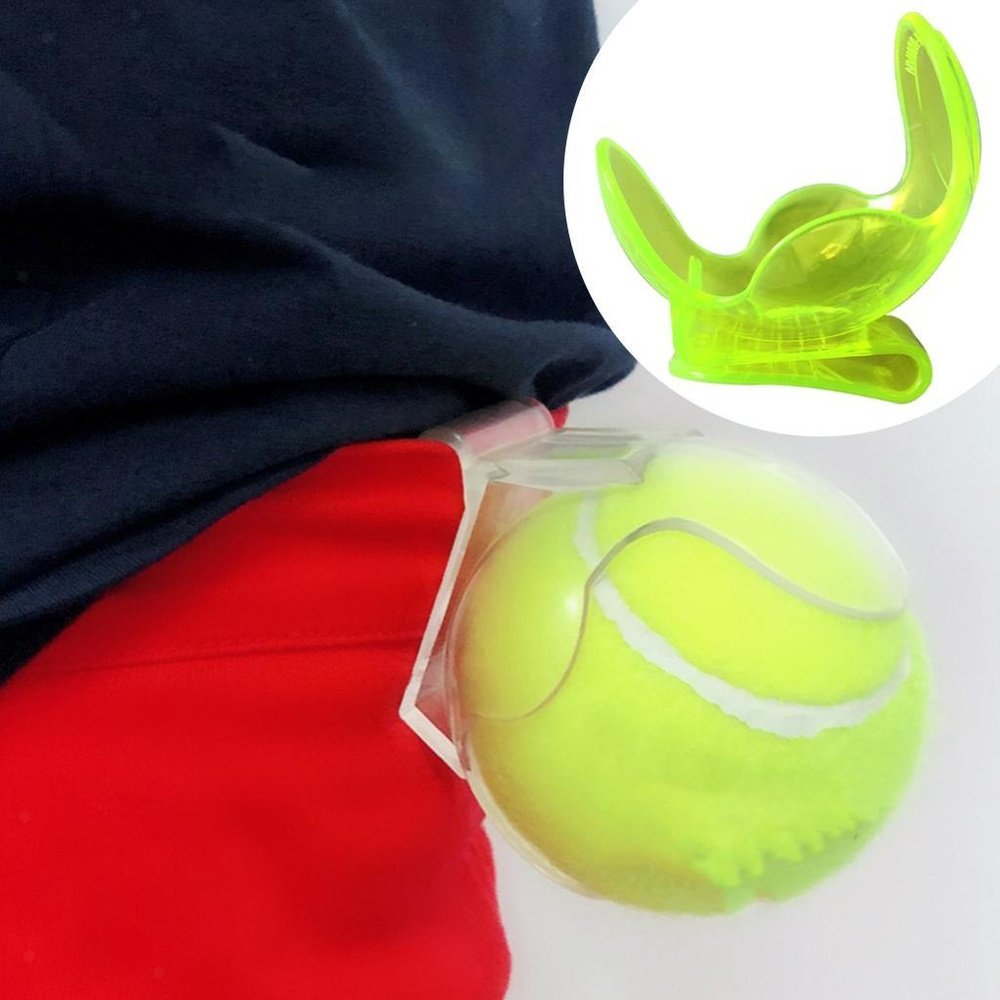
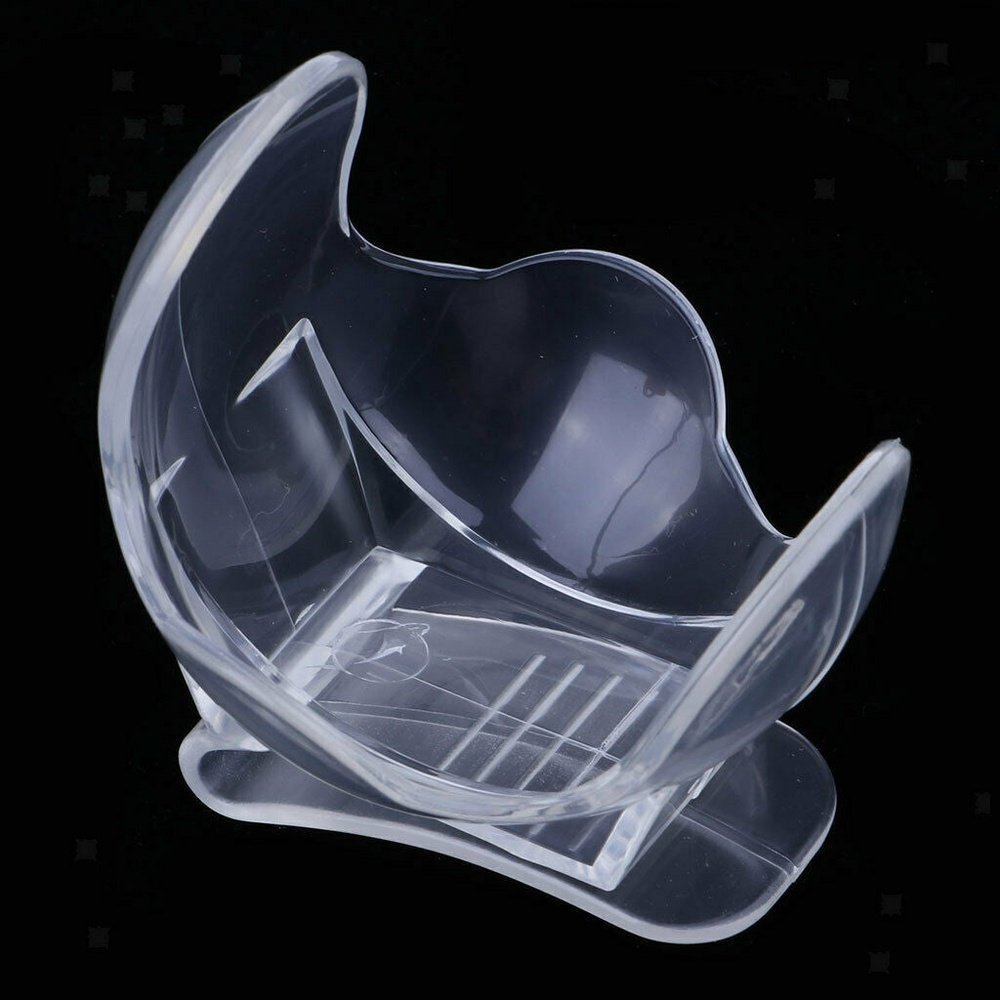
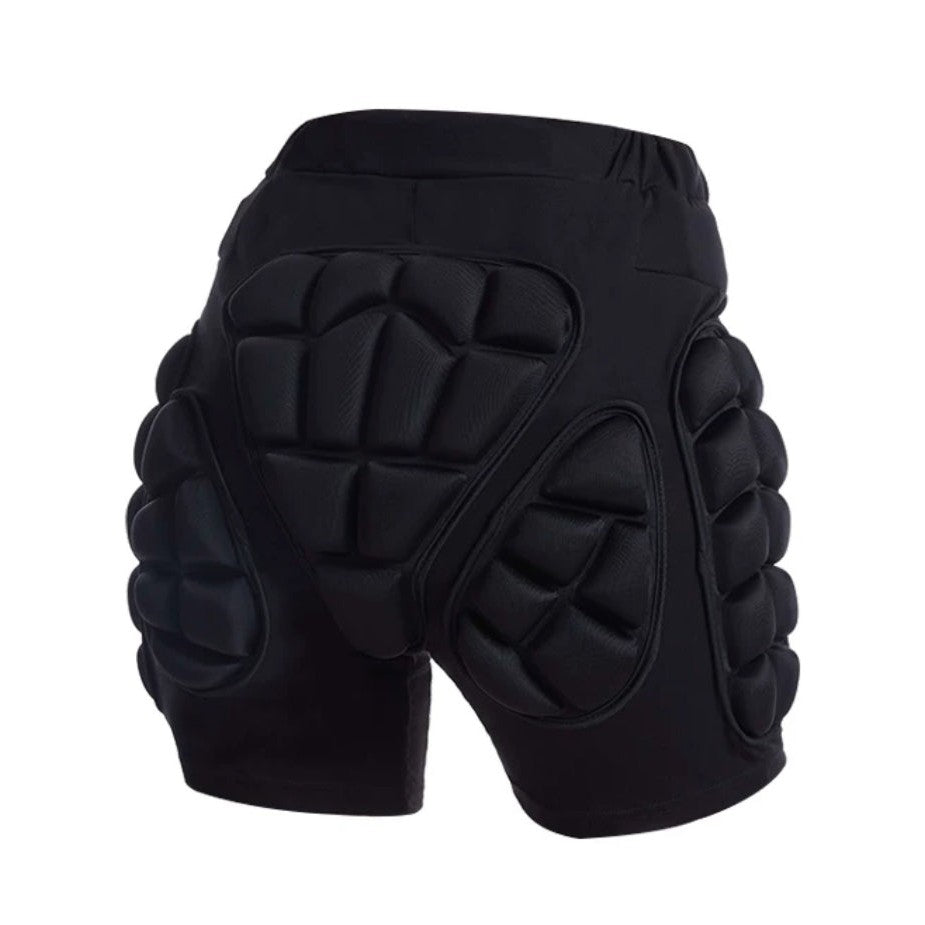
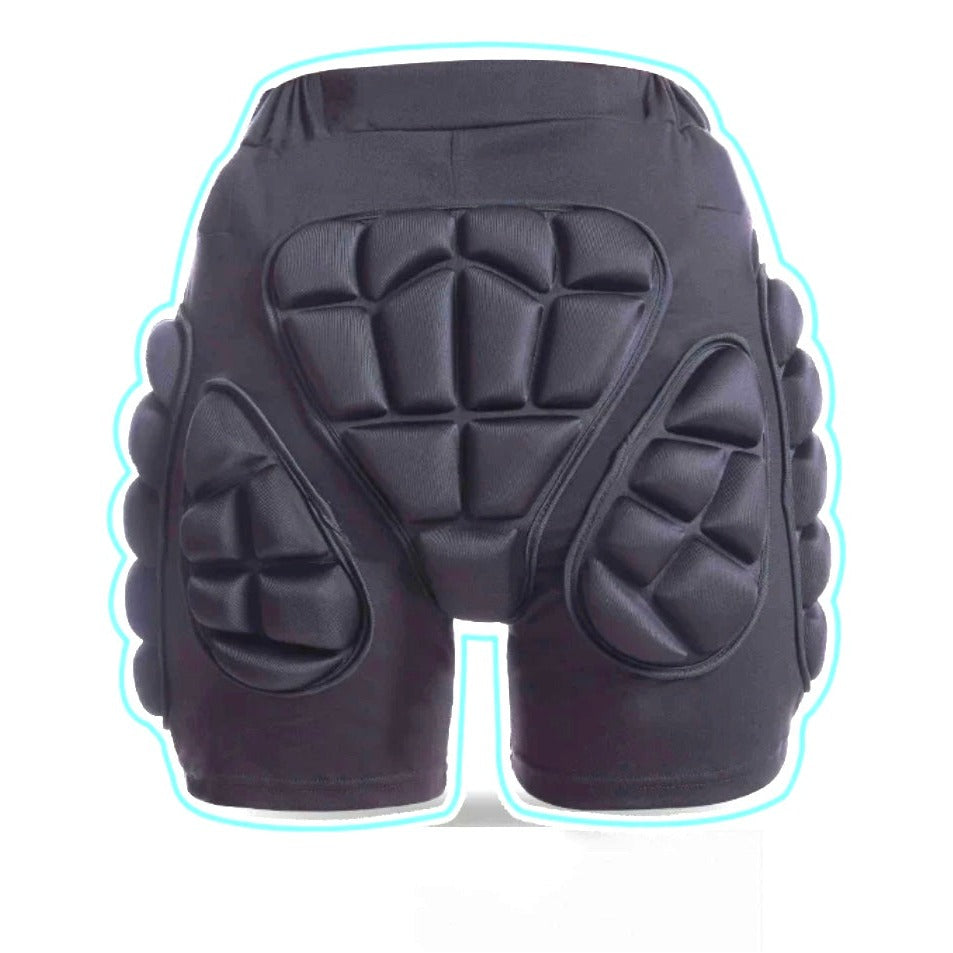
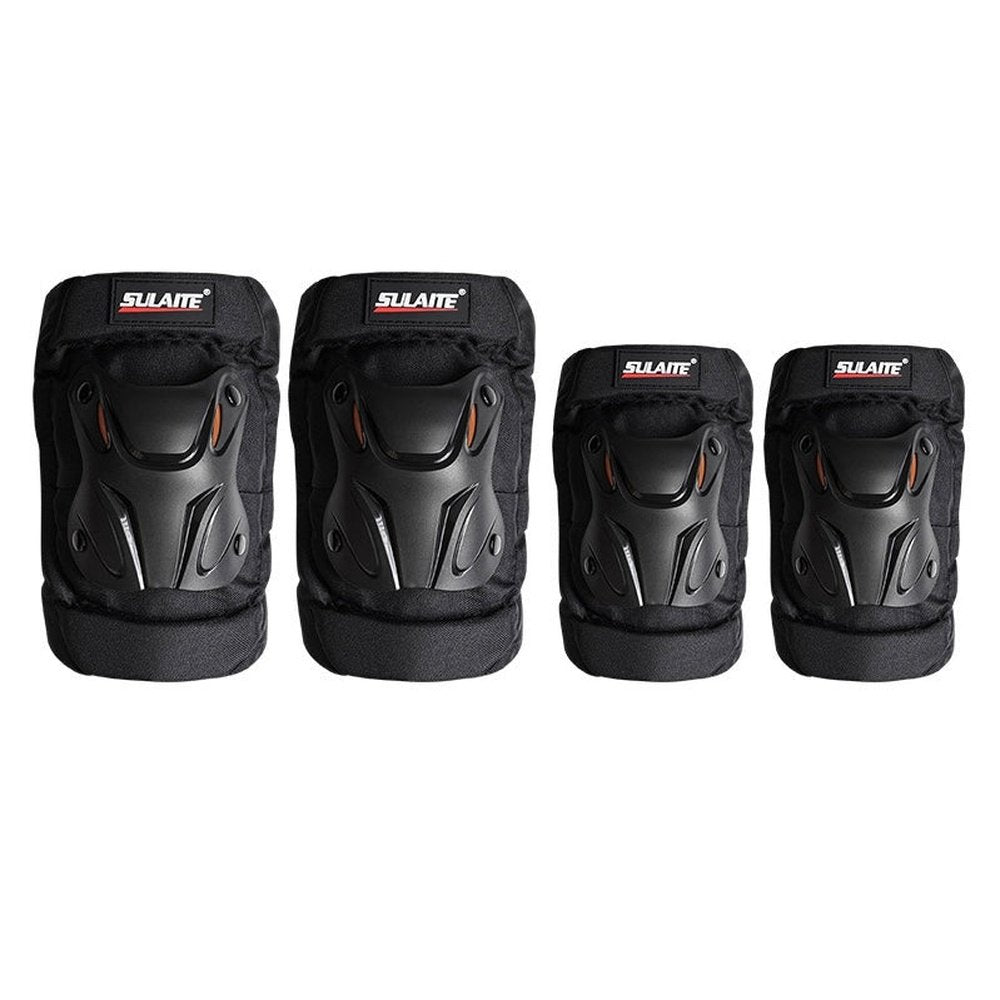
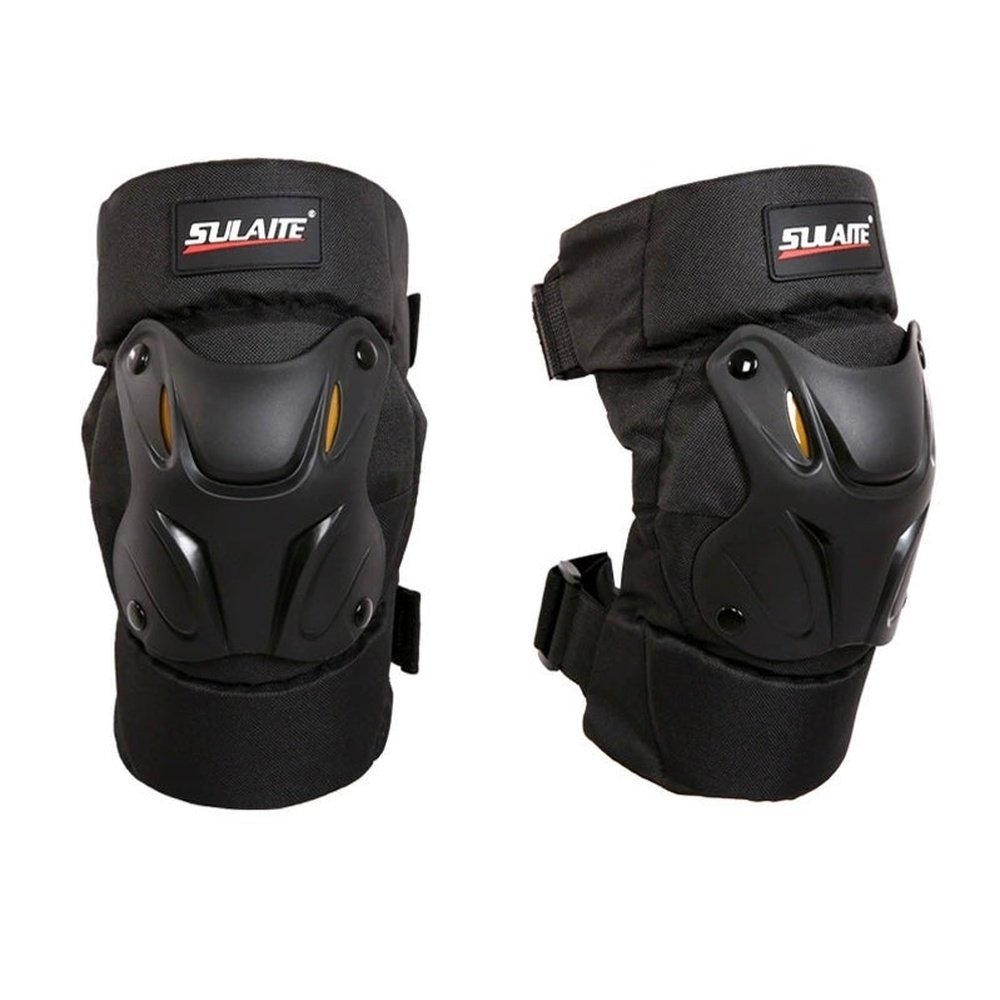
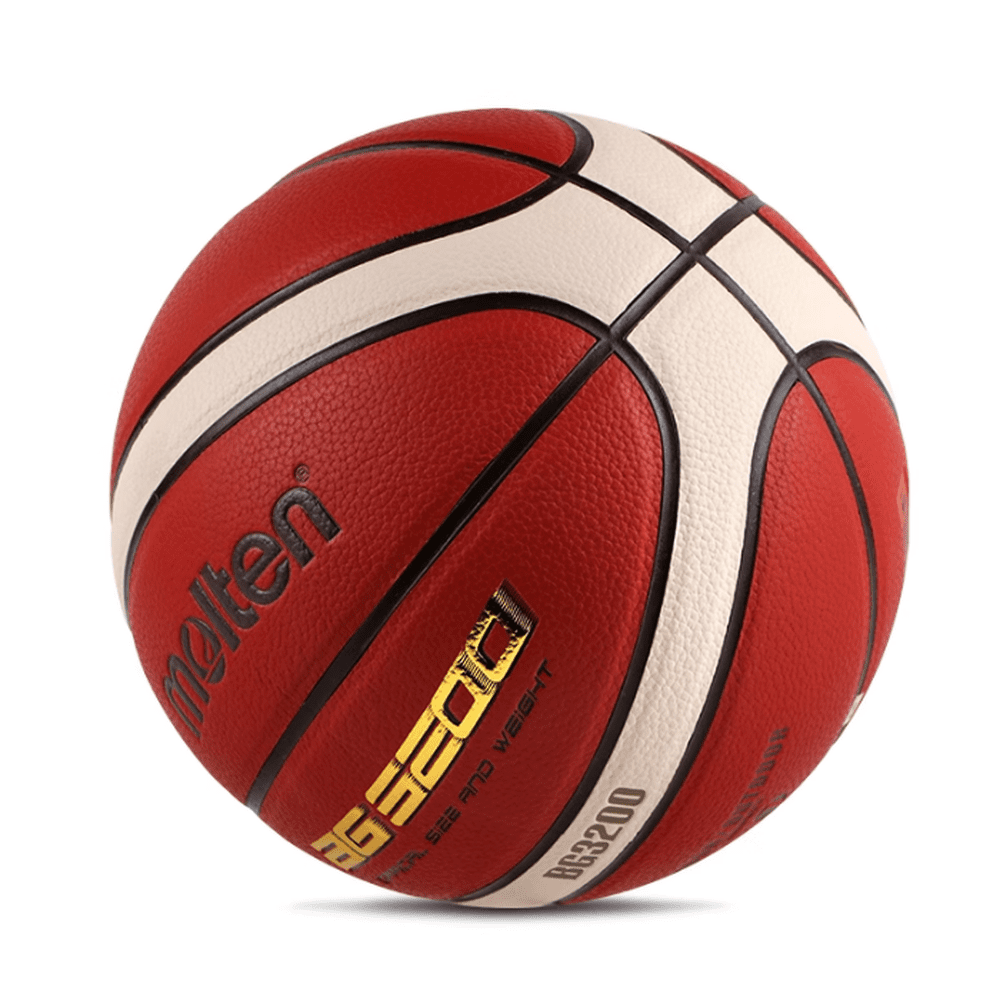
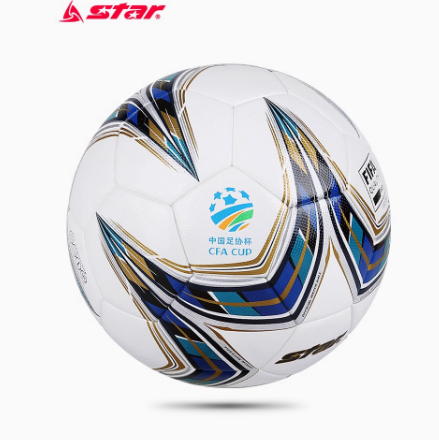
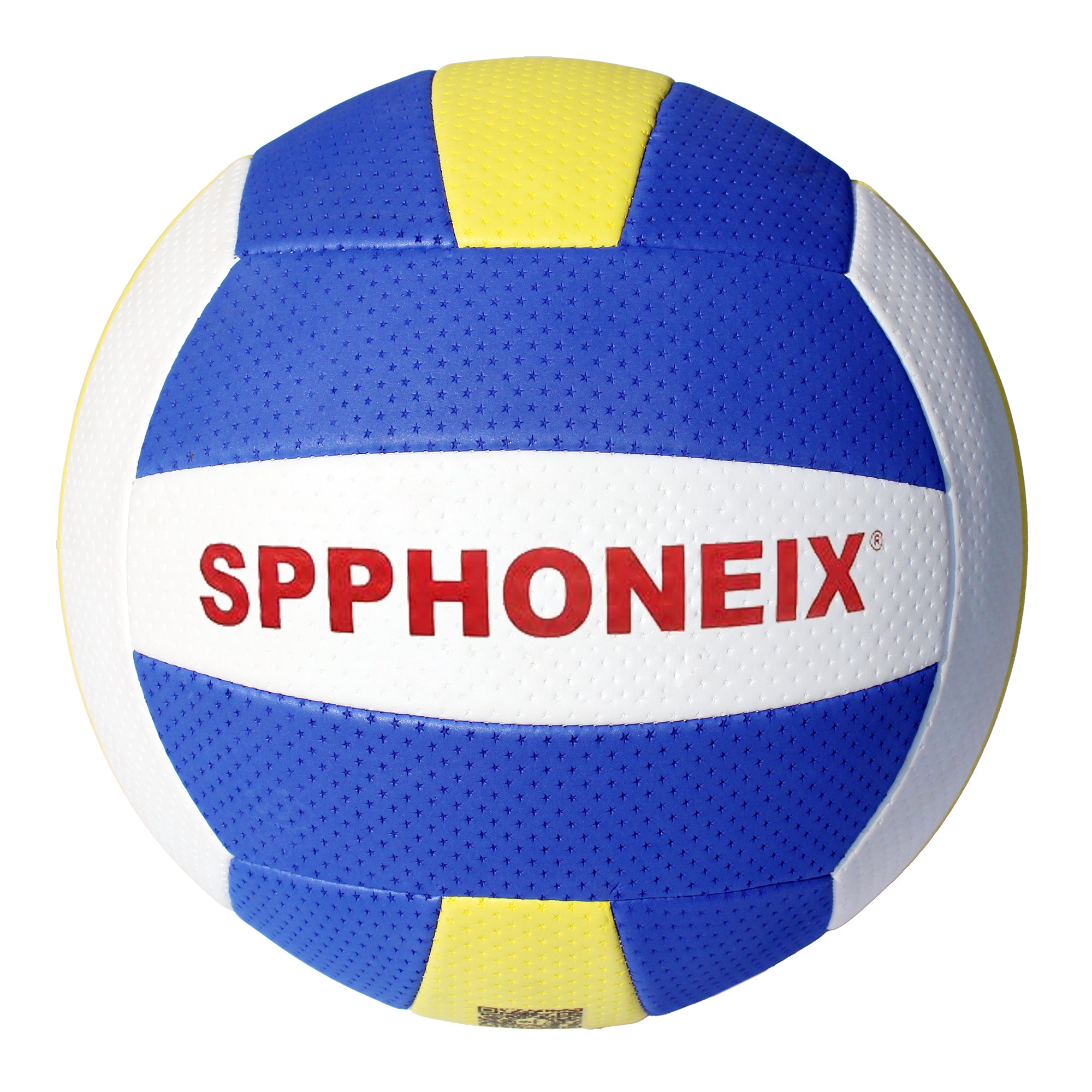
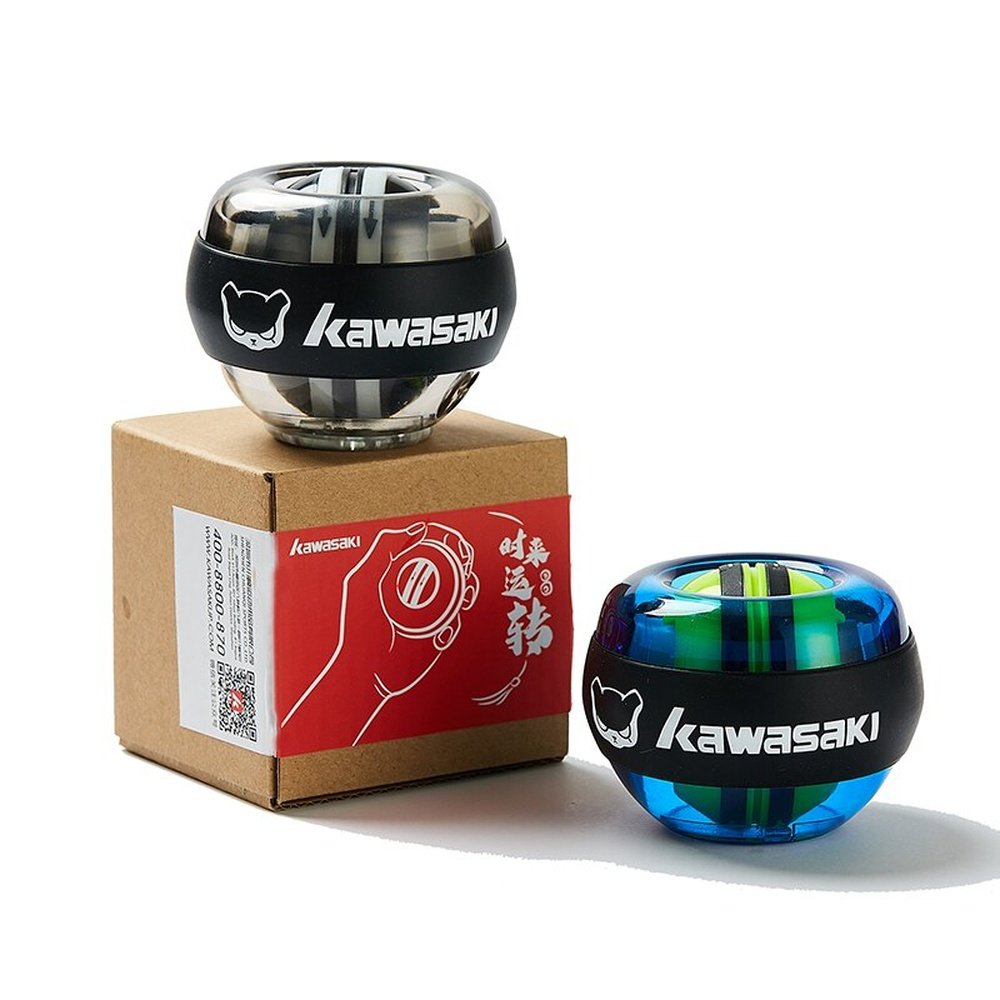
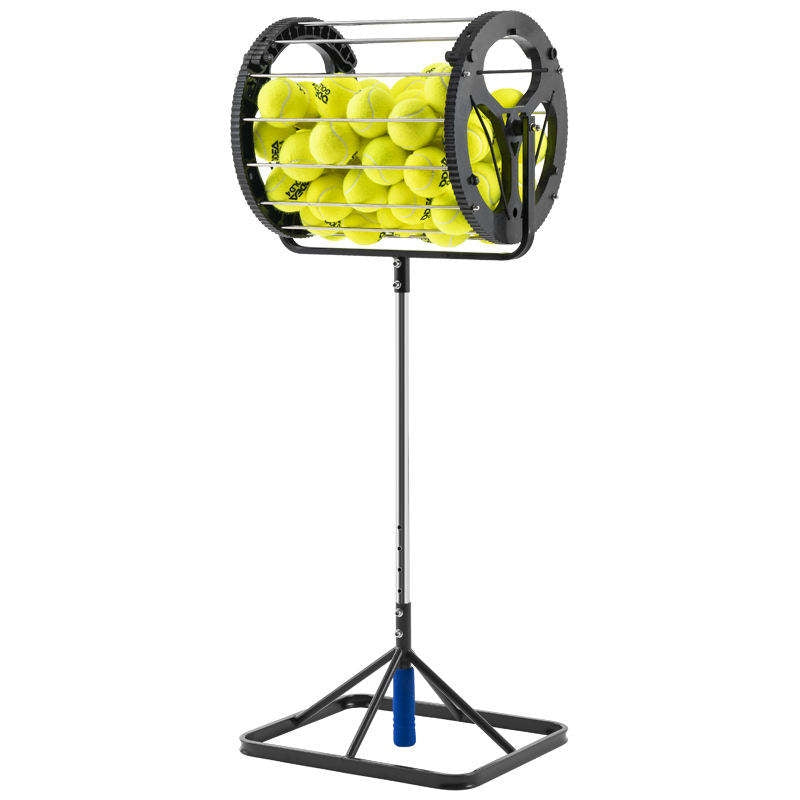
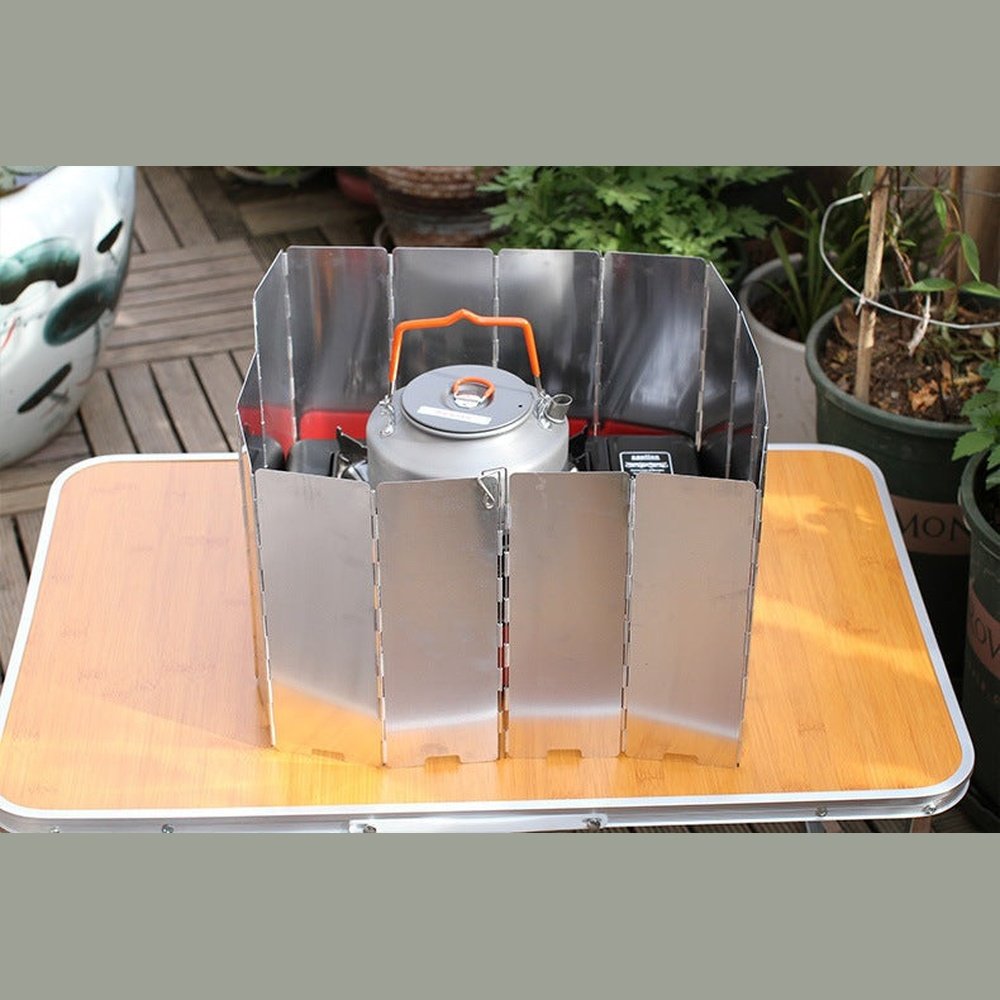
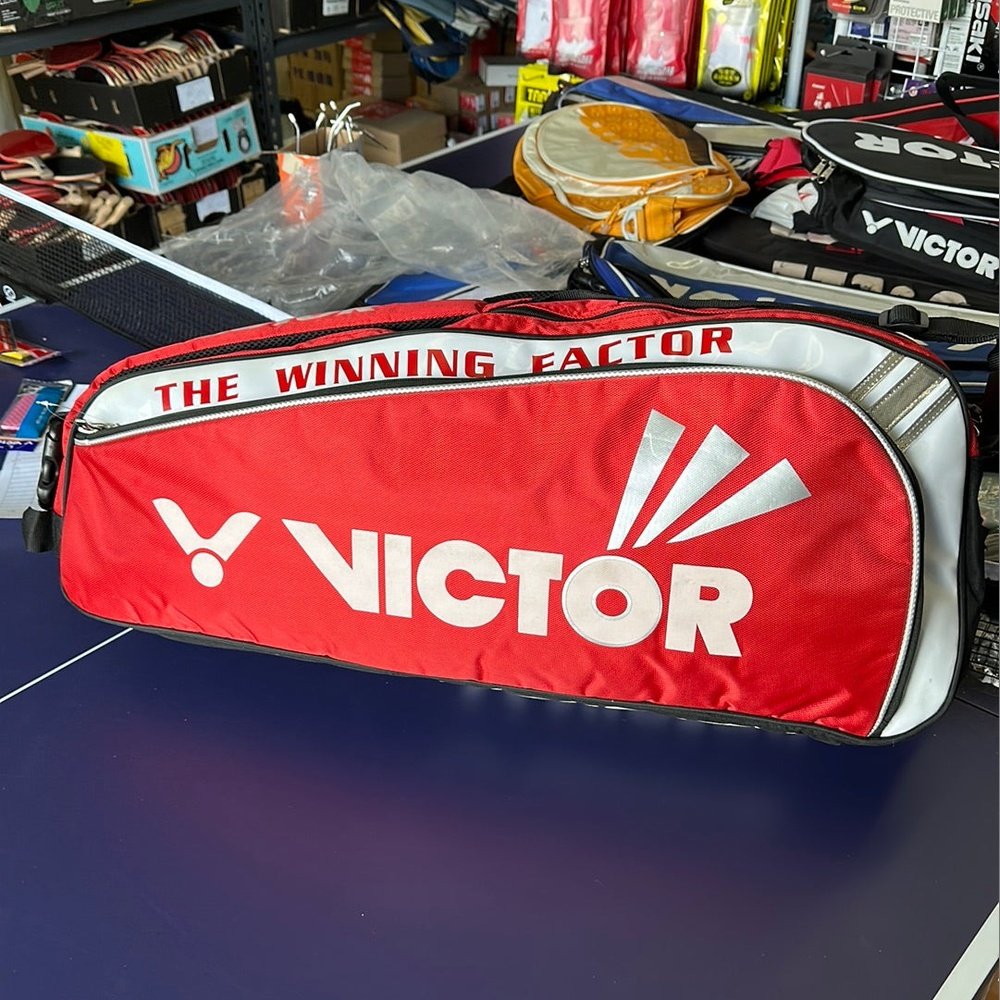

Leave a comment